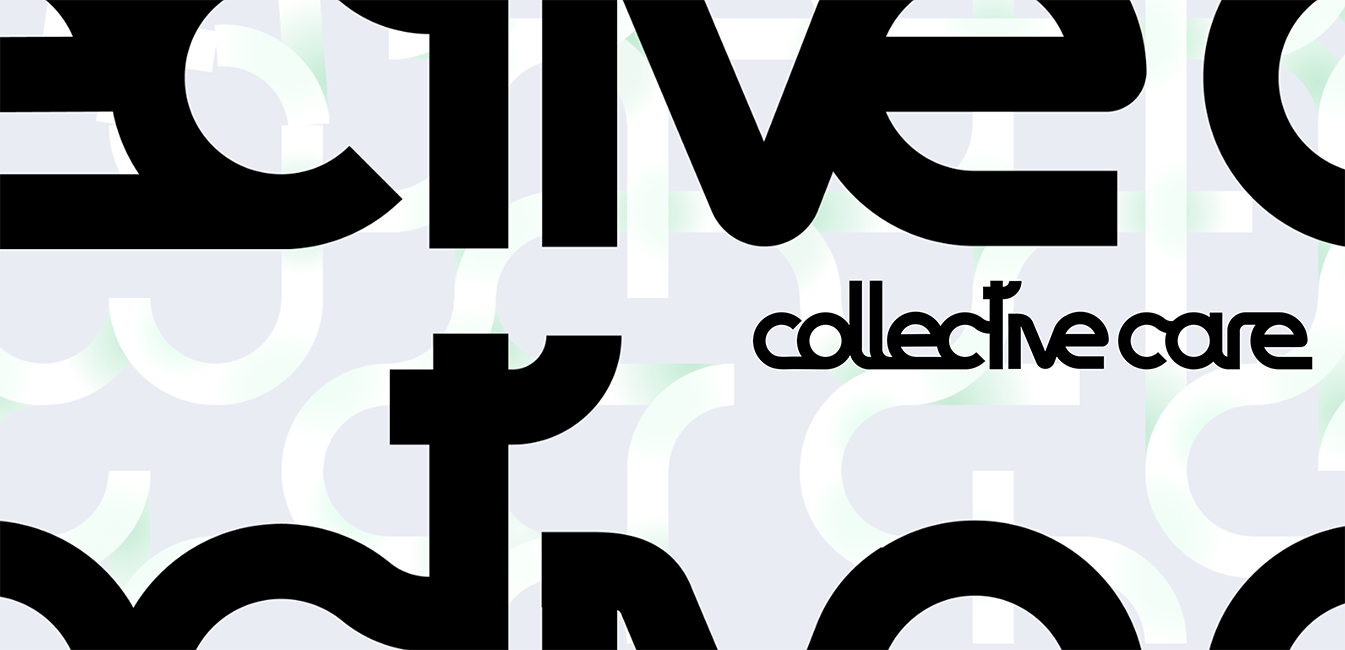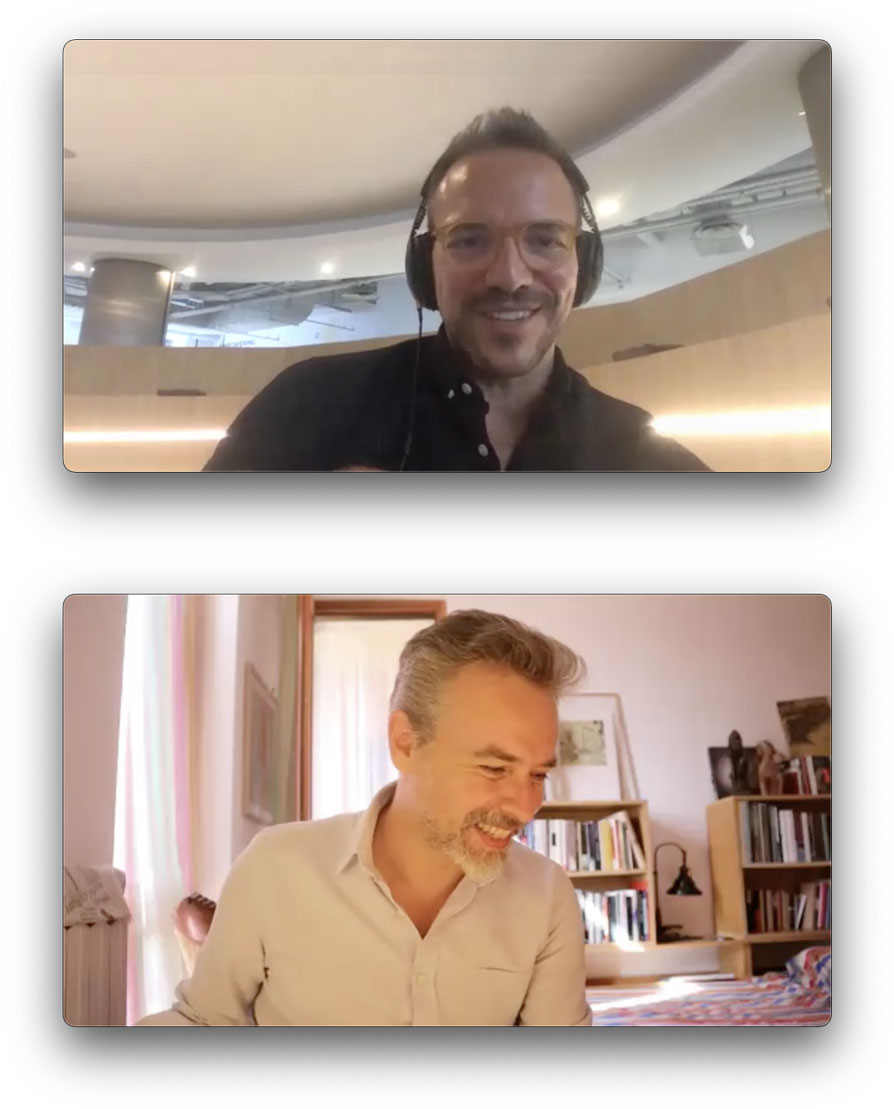Dario Rodighiero is an Assistant Professor of Science and Technology Studies at the University of Groningen, where he is involved in programs that bridge data science with society. Based at the interdisciplinary faculty Campus Fryslân, he coordinates the minor Data Wise and teaches data and visual literacy within the Data Science and Society Bachelor’s program. He maintains active collaborations with Harvard University, where he is a faculty associate at the Berkman Klein Center for Internet & Society and a principal at metaLAB—a research and teaching laboratory dedicated to experimenting with digital technologies in the arts and humanities.
Combining computational techniques with design, Dario investigates how complex information can be revealed. Grounded in Science and Technology Studies, his research focuses on the mapping of science: he is the author of Mapping Affinities: Democratizing Data Visualization, which proposes new ways to design organizational charts. His work further engages with digital cultural archives, exploring questions of representation, interpretation, and self-identification. Visualization is approached as a method for knowledge design, bridging critical inquiry and design practice to foster reflection and dialogue by opening new visual modes of understanding.
Dario holds a PhD from the École polytechnique fédérale de Lausanne (EPFL), where he attended the doctoral program Architecture and Sciences of the City. He has held research and teaching positions at MIT, the European Commission, Paris-Sorbonne University, and Sciences Po. The collaboration with Bruno Latour at the médialab shaped his engagement with digital platforms as tools for philosophical inquiry and collective exploration. He lectured at venues such as CERN and Ars Electronica, and exhibited his work at the MAXXI and Harvard Art Museums, reflecting a sustained commitment to public engagement and interdisciplinary collaboration.
Nightingale
2025
https://nightingaledvs.com/visualizing-as-a-form-of-collective-care/
2025
Visualizing as a Form of Collective Care
Çay, Damla, Dario Rodighiero, and Weidi Zhanghttps://nightingaledvs.com/visualizing-as-a-form-of-collective-care/
Care is easy to recognize on a personal level, especially when it takes the form of small, attentive gestures woven into daily life. We see it in how someone nurses a sick friend, tends a garden, or stitches a quilt by hand. Each act, marked by presence, patience, and the quiet commitment to care through touch, time, and attention. It takes shape through quiet, deliberate acts that often go unnoticed, yet carry lasting weight and meaning. But what does care look like when it scales up—across complex systems where the risks are higher, the people more dispersed, and the consequences harder to see?

Nightingale
2021
https://nightingaledvs.com/ars-memorativa-as-the-genesis-of-information-design-a-conversation-with-manuel-lima/
2021
Ars memorativa as the genesis of information design: a conversation with Manuel Lima
Lima, Manuel, Dario Rodighierohttps://nightingaledvs.com/ars-memorativa-as-the-genesis-of-information-design-a-conversation-with-manuel-lima/
Manuel Lima is one of the most prominent figures of data visualization since the publication of Visual Complexity (Lima 2011). In this conversation, Manuel Lima traces back the origin of data visualization to Ars Memorativa, an ancient mnemonic technique to organize information and facilitate its recall. Going back to the origins is an obsession that brought him to collect and arrange into books images of information design from both physical and digital archives. By doing this, Manuel Lima tackled issues related to the digital objects and their creation, use, and preservation, with a point of view capable of combining the passion for visualizing information and the profession of UX design. This conversation, which took place between Lisbon and Milan on Wednesday 28 July, 2021, comes from a blurb that Manuel Lima wrote for Mapping Affinities (Rodighiero 2021). The discussion is part of the project From Data to Wisdom, and is supported by Fundação para a Ciência e a Tecnologia through the grant POCI-01-0145-FEDER-029717, and the Swiss National Science Foundation through the grant 194442. This text, originally created for the forthcoming book From Data to Wisdom (Higuera Rubio et al. 2022), is published as a preview for Nightingale, the journal of the Data Visualization Society.

Antinomie
2020
https://antinomie.it/index.php/2020/04/09/immaginare-gesti-barriera-contro-il-ritorno-alla-produzione-pre-crisi/
2020
Immaginare Gesti-Barriera Contro Il Ritorno Alla Produzione Pre-Crisi
Latour, Bruno. Translated by Daniele Guido, Donato Ricci, Dario Rodighiero, and Giulia Taurinohttps://antinomie.it/index.php/2020/04/09/immaginare-gesti-barriera-contro-il-ritorno-alla-produzione-pre-crisi/
Potrebbe esserci qualcosa di inappropriato nel guardare all’era post-crisi quando gli operatori sanitari sono ancora “in prima linea”, milioni di persone stanno perdendo il lavoro, e molte famiglie in lutto non possono nemmeno seppellire i loro morti. Eppure, è proprio questo il momento di lottare affinché la ripresa economica, una volta terminata la crisi, non ci riporti allo stesso vecchio regime climatico contro il quale finora abbiamo tentato, senza successo, di combattere. In effetti, la crisi sanitaria è inserita in quella che non è una crisi – sempre passeggera per definizione – ma piuttosto una mutazione ecologica duratura e irreversibile. Se abbiamo delle buone possibilità di “uscire” dalla prima, ne abbiamo ben poche di “uscire” dalla seconda. Le due situazioni non sono alla stessa scala di grandezza, ma resta illuminante articolarle l’una con l’altra. In ogni caso, sarebbe un peccato non riflettere sulla crisi sanitaria per scoprire altri modi di entrare nella mutazione ecologica, piuttosto che farlo alla cieca.
